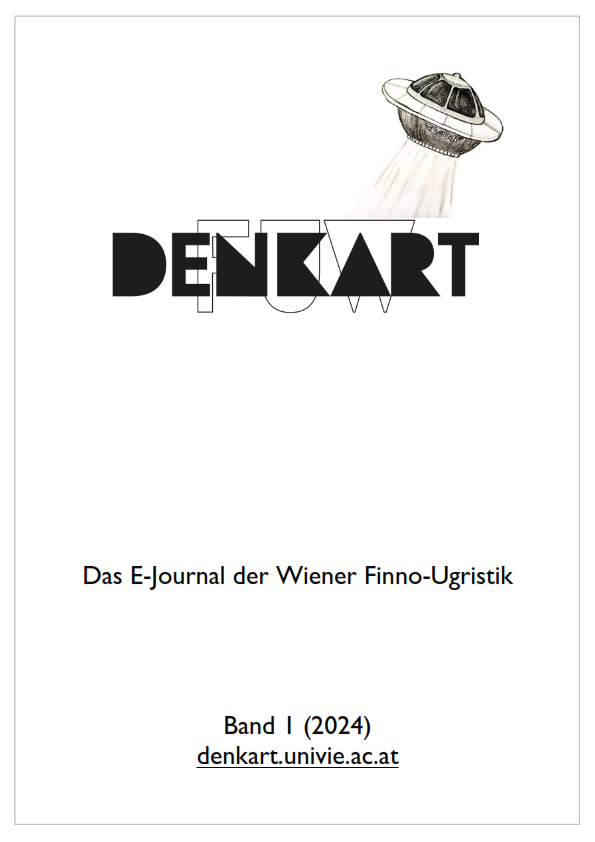Fantastische Reisen:
(Un)Möglichkeiten der Autonomie der Person in fantastischen utopischen Texten bei Frigyes Karinthy und Sándor Szathmári
DOI:
https://doi.org/10.25365/denkart-2024-05Keywords:
Definitions of the Fantastic;, Hungarian fantastic-utopian Texts;, Gulliveriads;, Frigyes Karinthy, Sándor SzathmáryAbstract
The different variants, structures and genres of fantastic literature have been and continue to be frequently discussed, their definitions determine different characteristics as qualifying properties andalso delimit the historical-cultural forms defining them. A broader understanding of the fantastic can encompass fantastic texts in the narrower sense, utopias, science fiction texts, etc., in that they establish different, contrasting worlds in various forms through certain text-structuring techniques. The article analyses two fantastic-utopian texts by the Hungarian authors Frigyes Karinthy and Sándor Szathmári as representatives of the Gulliveriad genre in Hungary against the background of the historical-social-cultural context of the first half of the 20th century as examples of the changes in the conceptions of identity in early modernity, of the changes in the world view as a result of scientific and technical developments and the emergence of threatening (right-wing and left-wing) social utopias and social orders.
Downloads
Published
Issue
Section
License
Copyright (c) 2024 Denkart

This work is licensed under a Creative Commons Attribution 4.0 International License.


